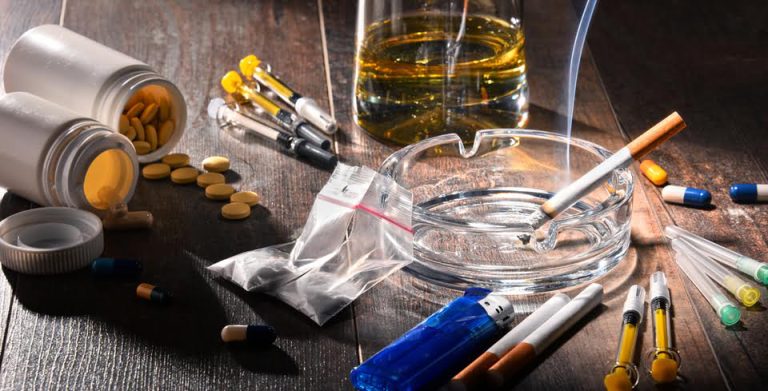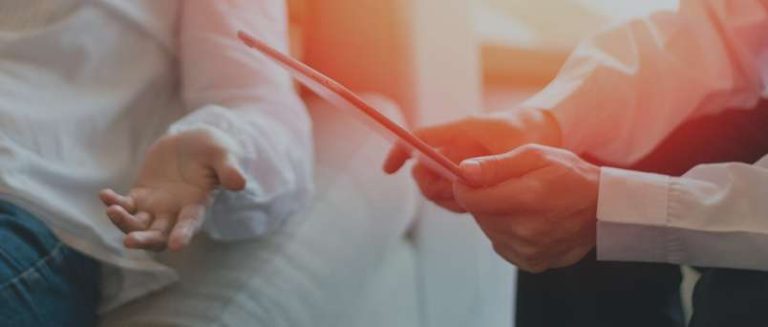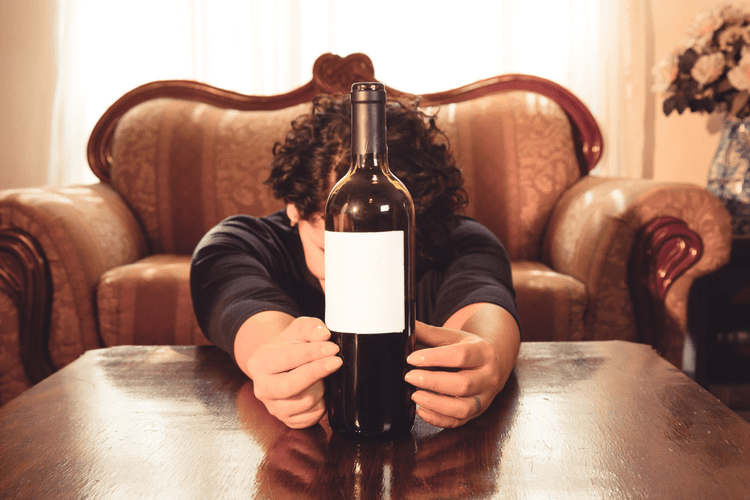They possibly saved my life from seizures during severe withdrawal. I write about them because I once had no idea that medication could be necessary to save someone during severe withdrawal. Since inositol can contribute to episodes of low blood sugar, it might be wiser to try niacinamide first if you’re among the many alcoholics prone to hypoglycemia. Because of kratom’s unique ability to enhance both relaxation and focus, hundreds of thousands of former opiate addicts have used kratom to get off of opiates. Although I didn’t try kratom specifically as a sleep aid, I slept very well after taking Classic Red Bali from Top Extracts. Of course, there are other helpful nutrients for alcohol recovery, like organic omega-3 fish oil and N-Acetyl Cysteine.
Sleeping Upright

Research from 2020 states that alcohol reduces sleep quality, and while it may not significantly reduce REM sleep, there is dysregulation. Alcohol may also result in suppressed REM sleep in the http://jocker.dn.ua/jenshiny-v-sovremennoi-rok-myzyke short term. In this article, we explore the sedative effects of alcohol and ways to avoid this from occurring. We also discuss the possible negative effects of alcohol on the body and sleep.
The Best Exercises for Sleep
In addition to altering your sleep architecture, alcohol can disrupt your sleep by interfering with contributing to sleep disorders and interfering with circadian rhythms. For many professionals, stress and pressure is a common part of the working environment. The mix of poor sleep patterns and alcohol dependency can often blur the line between work and personal life, https://alexeyworld.com/blog/imaginarium.62.aspx amplifying the stress. However, quitting alcohol can yield incredible improvements in terms of sleep quality. Alcohol is highly effective at suppressing melatonin, a key facilitator of sleep and regulator of sleep-wake cycles. Research indicates that a moderate dose of alcohol up to an hour before bedtime can reduce melatonin production by nearly 20 percent.

Understanding How Alcohol Impacts Sleep Patterns
Your first step is to reach out to a healthcare provider to get help giving up alcohol. Research shows giving up or cutting down on alcohol can improve alcohol insomnia symptoms. When a person drinks alcohol, doing so in small or moderate amounts several hours before sleep can reduce the chance of sleep issues. Consuming alcohol may present a higher risk of developing sleep apnea. In a 2018 study, researchers found that alcohol increases this risk by 25%.
- For example, though the evidence on this is mixed, some research indicates that eating refined carbohydrates could interfere with sleep quality or trigger insomnia.
- Although sleep disturbances are common during alcohol detox, ongoing problems hint at more severe issues.
- As alcohol enhances the GABA’s function, it causes a slowing of brain activity, which can make a person feel sleepy and tired.
- The mental health issues suffered by many, especially adolescents, during the pandemic lockdown were largely a response to being cooped up at home.
- A racing heart may disrupt sleep or cause someone to fully awaken.
- Move through the rest of the body, letting go of tension and softening the muscles as you go.
- People suffering from depression may already have disrupted circadian rhythms, and the presence of even moderate amounts of alcohol may push those rhythms further out of sync.
- This will give your body some fuel to break down the alcohol in your system.
- However, more research is necessary to determine whether this is a common occurrence.
When you sleep, adenosine and other chemicals that cause sleepiness are cleared from your brain. If you are planning ahead for a special event, try to boost your total sleep hours the week before. These problems typically resolve within a day or two of getting adequate sleep. When you call our team, you will speak to a Recovery Advocate who will answer any questions and perform a pre-assessment to determine your eligibility for treatment.
- Your sleep need is determined by genetics and it varies from person to person.
- RISE can send you a personalized reminder for when to stop drinking each night.
- Just like the variances seen in the science behind insomnia after alcohol detox, the duration of insomnia after quitting is equally diverse.
- It also considers ways to manage insomnia and prevent sleep disruption and answers some frequently asked questions.
We’ve covered more on the effects of alcohol on your sleep here, including why it’s not actually a good sleep aid, despite the drowsiness you might feel. Whether you’re a casual drinker or experiencing alcohol abuse problems, you can break the habit and start falling asleep without needing a drink first. There are plenty of exercises and activities to stay fit http://www.ocean-elzy.net/greats-efgh/175/ and mentally healthy when you’re cooped up indoors avoiding blazing temperatures outside. For the safety of yourself and others, keep an eye on how you’re feeling. Never drive when you are feeling drowsy, as you could fall asleep at the wheel. Changing positions, getting up, or walking around the room can jolt you awake if you’re on the verge of falling asleep.
